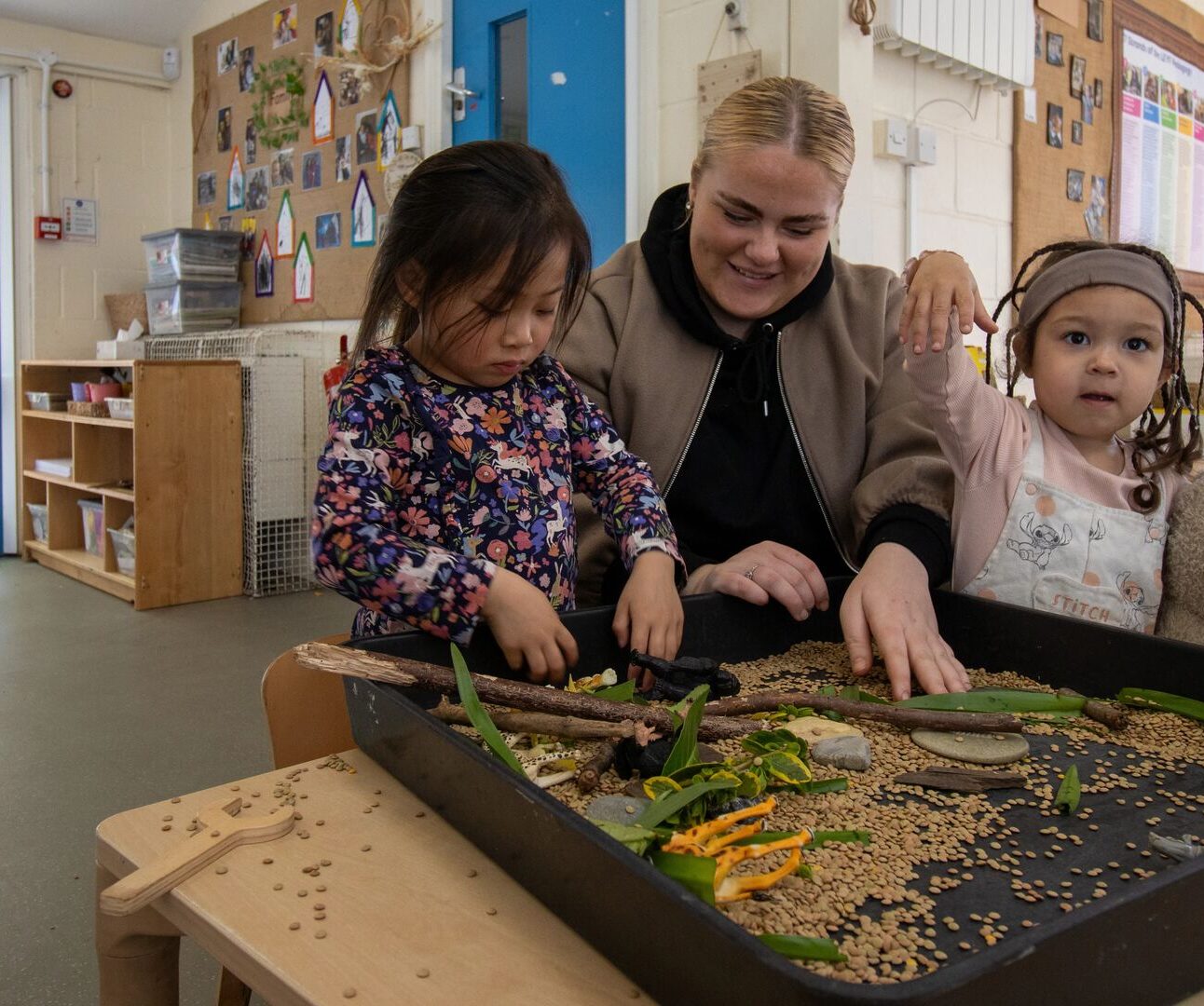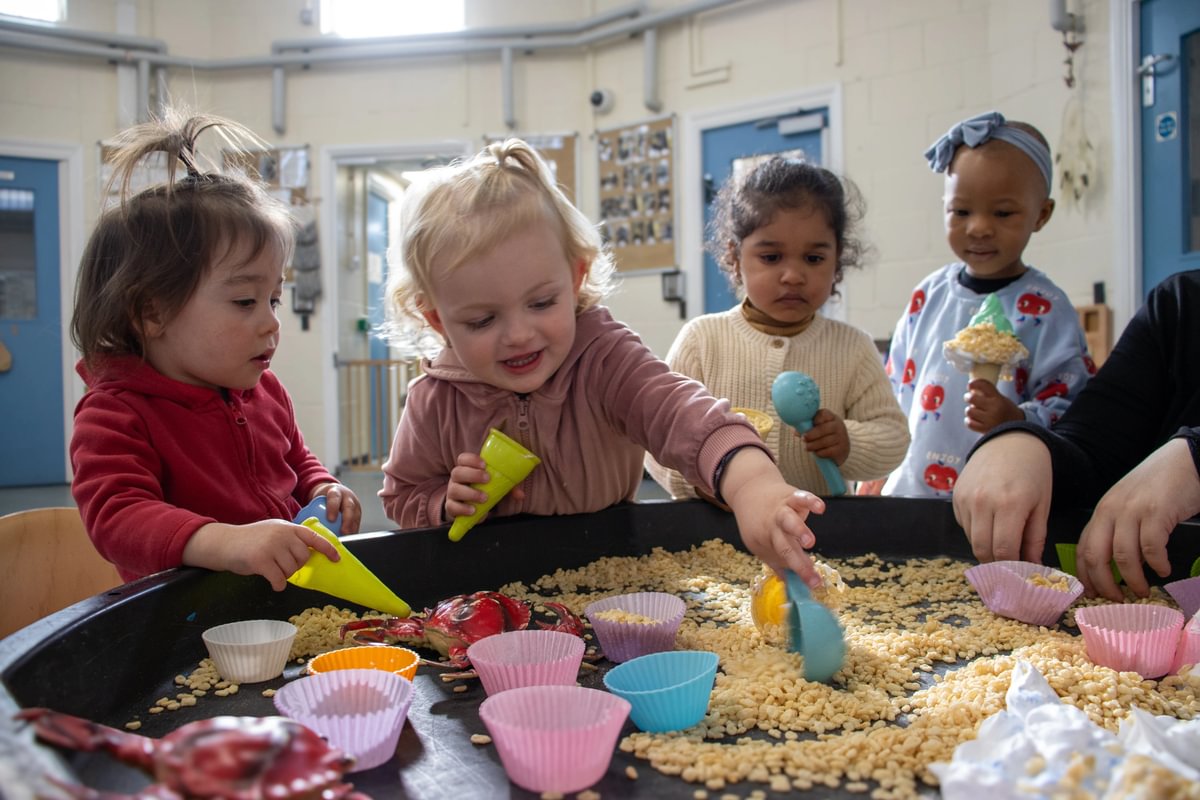
D is for Disadvantaged: What Does that Mean?
“Disadvantage” is one of those terms we bandy about in policy papers and conference keynotes, but what do we mean by it? Do we understand the lived reality behind the…
February 17th 2021
There is no doubt that the Early Years sector is currently experiencing a very difficult and anxious time – especially faced with the heightened daily risk of testing positive for COVID-19.
As Early Years teachers and practitioners, we are currently living the big political debates about the challenges of balancing the health with the wealth of the nation every time we step inside a nursery.
Despite generating kind and positive support from both parents and colleagues, I’ve been astonished by the lack of leadership and empathy from our Minister of State for Children and Families. Perhaps Ms Ford is working tirelessly behind the scenes but, in my book, strong leadership is about being brave, telling the story of what is happening and sometimes saying the unsayable.
In my recent book, The A-Z of Early Years, two chapters focus on Kindness and Leadership and right now, we all need a good dose of both. It’s no secret, being kind is good for your health. According to medical science, it can make us feel happier, improve our mood and lower our blood pressure. Being kind comes with a serotonin kick and neuroscientists can see how the warm glow which comes from doing something rewarding activates the striatum part of the brain. Better still is that seeing someone else smiling or being kind automatically activates the same areas of our own brain, as if we experienced the emotion for ourselves. It really is a case of smile and the world smiles with you.
NOW is the time to think about how we as Early Years leaders and colleagues lead and embed a culture of kindness through a meaningful and clearly articulated wellbeing approach. At the heart of staff wellbeing is a sense of professional integrity and trust – feeling good about doing a good job. It’s about having a meaningful purpose which everyone who works with small children certainly has.
At LEYF, we have linked our wellbeing to three of the seven strands of our pedagogy. These include:

LEYF Pedagogy (Copyright)
Every employer has a duty of care towards its staff and every employee has a duty of care towards the organisation. This is the basis of our wellbeing relationship with each other. We believe that this is embedded by a culture of openness and, by being a learning organisation, we ensure there are clear organisational structures and easily accessible (fair) policies and procedures in place.
A learning organisation pays attention to what staff tell them both informally for example, through conversations and comments, stories, complaints, worries, and photos but also through more formal methods including surveys, staff council, induction feedback, career pulse reports, exit interviews and formal scheduled organisational meetings. This is essential if we are to embed a wellbeing approach that places staff at the centre of what we do.
To support staff wellbeing, we need to lead with kindness, empathy and fairness in order for our teams to be productive and recognised as well as for individual staff to feel safe in the arms of the organisation. Wellbeing is linked to a sense of purpose for a job done well. Therefore, how we care for each other and communicate is central to building trust and loyalty and staff thrive in a positive environment – one which is caring and responsive and helps people to feel valued and respected. Our job as employers is to remember that wellness is the complete integration of body, mind and spirit. The realisation that everything we do, think and feel affects our state of wellbeing. It’s therefore worth remembering that because most people bring their whole selves to work and our wellbeing approach needs to reflect that.

“Disadvantage” is one of those terms we bandy about in policy papers and conference keynotes, but what do we mean by it? Do we understand the lived reality behind the…

Talking Early Years: June O’Sullivan and Sue Egersdorff The world is changing fast. Technology is accelerating how we live, work and even care, but in that rush, you…

On the 7th April, we held the London OBC and here is a summary for those of you who could not attend. We are trying something new,…